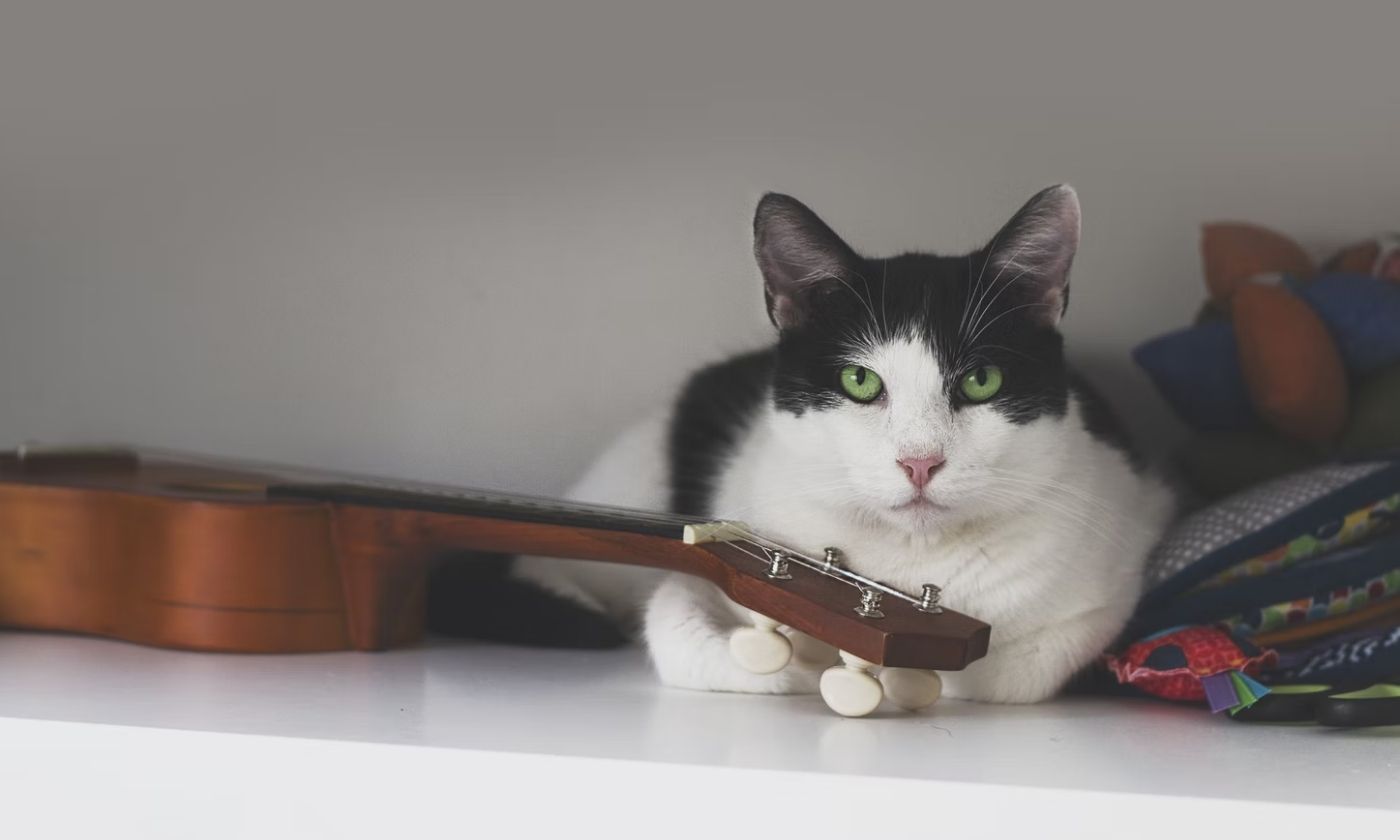
The lyrics to the popular children’s song ‘Hey diddle diddle, the cat and the fiddle’ are controversial because they do not actually mention any animals. Some critics say these words were added by a third party, who had no idea of their true meaning or intent.
The “Hey diddle diddle the cat and the fiddle” is a poem that has been around for decades. The meaning behind it is unknown, but one theory is that it is about a man who goes on a journey to find his wife.
Nursery rhymes are a kind of composition.
Similarly, what is the meaning of the poem Hey diddle diddle?
Music and lyrics The tiny dog guffawed at the spectacle, and the dish bolted with the spoon. The English idiom “over the moon” comes from the rhyme, which means “delighted, pleased, immensely glad.”
As a result, the issue becomes, how old is Hey diddle? The origins of this ancient nursery rhyme may be traced back to England in the 18th century. The original origins of “Hey Diddle Diddle” are unknown, although the earliest known version of the song, titled “High Diddle Diddle,” was published in 1765.
What’s more, why did the dish flee with the spoon?
Scientists think the magic occurred because the spoon took on a distinct color in the moonlight, making it more appealing. Hey, diddle, diddle, and the Spoon got away from the Dish…..
When the cow leaped over the moon, what was the cat doing?
Hey, the cat and the violin, diddle, diddle, diddle, diddle, diddle, diddle, diddle, diddle, The cow sprang higher than the moon. And the spoon got away with the dish!
Answers to Related Questions
What did Jack and Jill get for their money?
To get a bucket of water. Jill rushed falling after Jack, who had fallen and broken his crown.
Hey Diddle Diddle is what type of poetry it is.
Hey, Diddle, Diddle, Hey, Diddle, Diddle, Hey, Diddle, Diddle, Hey
In 1587, it was first published. This stanza is a well-known nursery rhyme in English literature about happy animals having fun. The poem is a fantasy rhyme with extremely impressive imagination pictures that has been written to pleasure youngsters.
Why did Jack and Jill travel up the hill in the first place?
Because natural water sources like rivers and streams flow downwards, they are normally located in valleys rather than on top of hills, the cartoon pokes fun at the counterintuitive premise that Jack and Jill trek up a hill to gather water.
Who was it who delivered the spider to Little Miss Muffet?
Muffet, a well-known entomologist who is credited with compiling the first scientific list of British insects. According to legend, while eating her breakfast of curds and whey, Little Miss Muffet was startled by one of Mr. Muffet’s spiders and bolted!
Where did the idea of Humpty Dumpty being an egg originate?
A massive cannon said to have been used during the English Civil War (1642-1649), notably at the Siege of Colchester in 1648. When Colchester was under siege, one of the invading side’s guns managed to damage the wall that ‘Humpty Dumpty’ was positioned atop, resulting in the rhyme.
What is the nursery rhyme about Jack and Jill?
For your youngster to watch and sing along to, FlickBox delivers Jack and Jill, a classic children’s rhyme about two kids named Jack and Jill who walked up a hill only to come crashing down. To get a bucket of water.
In Little Miss Muffet, what is the Tuffet?
So, as she should have done, Miss Muffet sat on a tuffet, eating her curds and whey. Miss Muffet was sitting on a tuffet, eating curds and whey.
What is the definition of a Mother Goose rhyme?
Mother Goose uses rhymes in her stories. Nursery rhymes are short, customary, anonymous poems that youngsters learn in English-speaking countries. “Humpty Dumpty,” “Jack and Jill,” “Little Miss Muffet,” and “Old King Cole” are some of the most well-known Mother Goose rhymes.
In nursery rhymes, what is diddle diddle?
Hey, the cat and the violin, diddle, diddle, diddle, diddle, diddle, diddle, diddle, diddle, The cow leapt over the moon, the little dog guffawed at such antics, and the dish bolted with the spoon.
When Jack leapt over the candlestick, what did he burn?
“Jack be agile / Jack be swift / Jack hop over / The candlestick,” says the most frequent rendition of the nursery rhyme. Other variations, on the other hand, include the following: “Jack leaped high / Jack jumped low / Jack jumped over and burnt his toe.”
What are the names of the Two Little Dicky Birds?
Two little blackbirds perched on a hill. One was called Jack, while the other was named Jill. Jack, Jill, get out of here. Please return, Jack and Jill.
Is it possible for a cow to leap over the moon?
A cow will never leap over the moon physically, and no national space agency has any intentions to launch one into space. For the time being, Eva is the only cow that has or will likely ever come close to space flight.
What exactly does Hickory Dickory Dock mean?
“Hickory, dickory, dock” is a simple rhyme about a mouse and a clock, but it most likely relates to one of Britain’s lesser-known kings who appeared briefly on the political stage in the 17th century.
What does “Mary had a small lamb” mean?
“Mary Had a Little Lamb,” an American nursery rhyme, is one of the few with a pretty obvious and innocent origin. Sarah Josepha Hale is credited with writing the poem, which was inspired by an event in which a small girl called Mary Sawyer brought her pet lamb to school.
What does Hickory Dickory Dock really mean?
“Hickory, Dickory Dock,” a nonsensical poem with alliteration in which youngsters imitate the sound of a clock chiming at the appropriate moment in the song, is an example of action rhyme. Hickory, dickory dock is a toy designed to teach youngsters the basics of telling time.
In Hey Diddle Diddle, what did the dog do?
The tiny dog guffawed at the spectacle, and the dish bolted with the spoon. The English idiom “over the moon” comes from the rhyme, which means “delighted, pleased, immensely glad.”
In Hey Diddle Diddle, what did the dish do?
The dish ran away with the spoon in the classic English nursery rhyme ‘Hey Diddle Diddle.’ The solution is found in the next line of the rhyme: ‘And the dish raced away with the spoon.’






